Stories
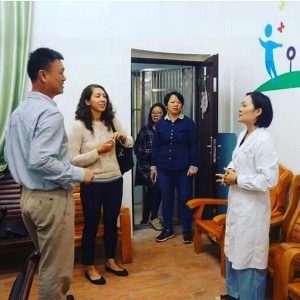
Dr. Smith’ interest in China dates back to an early trip to China when she was ten. She went on to foster the cultural and linguistic interest in China as a history major at Yale. Following masters in international development, Dr. Smith found a job working for the HIV division of the Chinese CDC where she learned about the power dynamics and pressures that shape health policy. This experience led her into a career in global health which she pursues through work in China as well as collaborations in India, Malawi, and Vietnam.
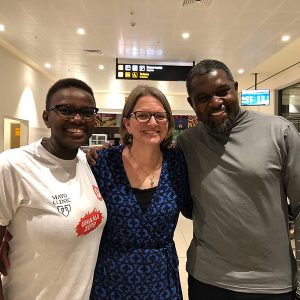
Dr. Virnig is the program Director for the annual Kolkata trip funded by the Ralph Strangis Pathways to Children International Travel Fund. She has been overseeing this program since 2015. It involves SPH students traveling to Kolkata, India to work with a preschool serving low-income children and their families. The students work with the Community Health Workers to develop and implement programs aimed at increasing knowledge and building resiliency among community members.
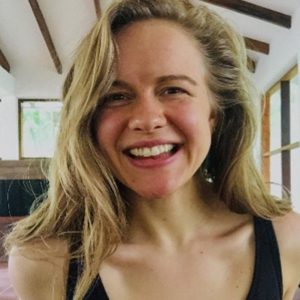
Growing up on the east side of Saint Paul, Vanessa witnessed many of her Hmong, Vietnamese, and Karen neighbors face barriers to healthcare and ultimately have poorer health outcomes than her white and English speaking neighbors and family. Later as an adolescent when she moved to Central America, she witnessed how these health injustices were exacerbated by global inequality. Witnessing these health injustices compelled her academic pursuits in an interdisciplinary doctoral program in education and international development studies.
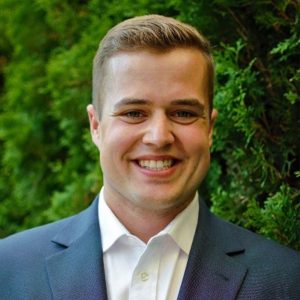
Rural Roots to Global Response and Preparedness Interventions
As a young 16-year-old in high school living in a small town of 300 people, Eugene was interested in the well-being of his community. This exposure made him aware of the lack of health care that surrounded his rural town and compelled him to further his education and become a U.S. Army Combat Medic. Over the years of service treating people who had already been through a disaster, Eugene began to realize that in order to adequately respond to any health-related emergency, and start to prevent many emergencies from ever happening, we first need to re-evaluate our response procedures.
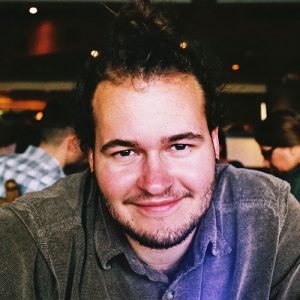
Establishing the First National Sero-prevalence Estimates of Toxoplasmosis in Uganda
During Mateo’s time as a Biochemistry undergraduate student, he realized public health is at the core of a population’s best interest. Interested in gaining global health research experience, Mateo joined the Center for Global Health and Social Responsibilities’ Uganda Hub. Motivated by his interest in infectious and zoonotic diseases, Mateo and his team wanted to assess the prevalence of toxoplasmosis in Uganda, a task that had previously never been undertaken.
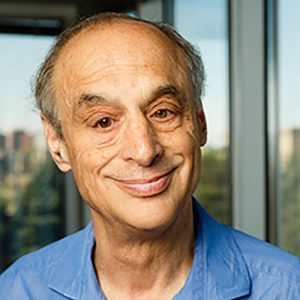
During Dr. Harry Lando’s 40-year career as a smoking cessation researcher, he has not only facilitated global tobacco reduction initiatives and strategies, but he has also had a prominent role in advocating for strategic global partnerships, for increasing awareness on global tobacco reduction.

Understanding How Local Efforts Impact Global Health
During Nicole’s time as a Sports Medicine undergraduate student, she became interested in how community engagement influences health, and how empowerment and social justice influences health and community participation in improving environmental health.
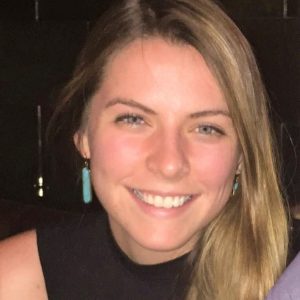
Observing the Intersection of Traditional and Western Medicine in Rural India
Since studying public health in Ecuador during her undergraduate studies, Chelsea Kline has also had a particular focus on understanding the intersection of traditional and western medicine in indigenous communities.
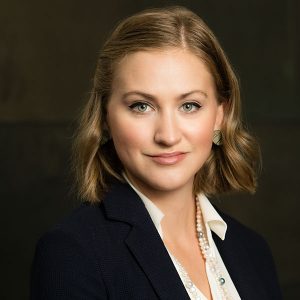
Advancing Health Orientation Materials for Refugees in Minnesota
Graduate student Shelby Panttaja has dedicated her education to working with vulnerable and underrepresented populations, with a particular focus on refugee and immigrant communities’ health and their access to resources.
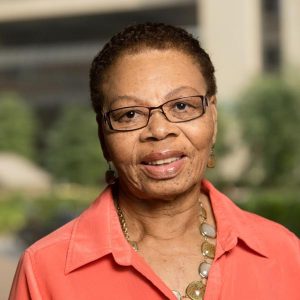
Diabetes Prevention in Jamaica by Addressing Food Access and Security
Petrona Lee has spent much of her post-graduate career developing the Trelawny Diabetes Management Project (TDMP), a non-governmental organization (NGO) that aims to reduce the prevalence of diabetes in rural communities in Lower Trelawny, Jamaica. A native to Jamaica herself, she is the CEO of the NGO that started as an intervention strategy for diabetes.
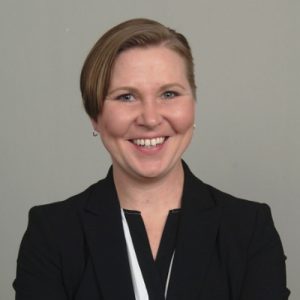
Eliminating and Controlling Malaria in Southern Africa
Assistant Professor Kelly Searle in the division of Epidemiology & Community Health has recently come from the Johns Hopkins University, where she conducted her post-doctoral work in the study of malaria in Zambia using epidemiological methods combined with geographic information science (GIS) and spatial analyses.
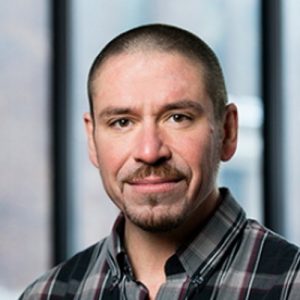
Conducting Treatment and Clinical Trials for Ebola and HIV
Cavan Reilly’s current research is focusing on the survivors of EVD and what happens to people who survive the disease, as well as various aspects of HIV.
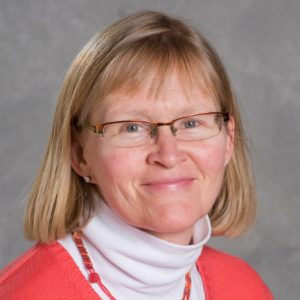
Strengthening Access to Rural Health Care in Haiti through Program Evaluation
As a young adult in the 1970s, Cynthia Miller lived for two years in Zaire (now Democratic Republic of the Congo) and worked with Habitat for Humanity. This started her interest in creating access to reliable care for those in remote, low-resource settings.
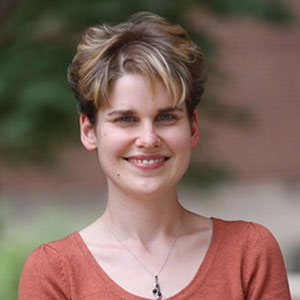
Developing Mathematical Models to Evaluate HIV Treatment Strategies in Mexico
Assistant Professor Eva Enns of the division of Health Policy and Management is conducting a project in Mexico to develop mathematical models to evaluate the cost-effectiveness of first and second line treatment plans for HIV patients.

Analyzing Global Health Policy at The World Health Organization
Sara Lederman (MPH ’18) chose to intern with the World Health Organization (WHO) as part of her field experience. During her two months in Geneva, Lederman collaborated with a multidisciplinary team focused on cervical cancer prevention and care.
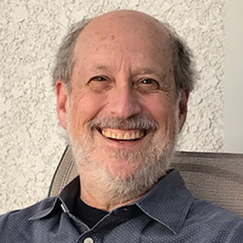
Enhancing Community Health for people living with HIV in southern Ethiopia
Professor Alan Lifson’s current project involves a 32-site randomized controlled trial of a community support intervention for people living with HIV (PLWH) in rural Ethiopia.

Conducting Focus Groups for Maternal Health in Kampala, Uganda
As a research intern for the project, SMS Maama, Maddy Kluesner’s role has been to coordinate and organize the data collection from focus groups of here at the St. Benedict Hospital in Kampala.
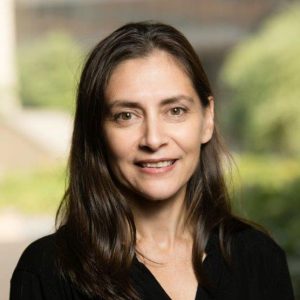
Researching Infectious Diseases in Latin America with an Equity Lens
Dr. Claudia Muñoz-Zanzi, an infectious disease epidemiologist in the Division of Environmental Health Sciences, has focused her work on the emerging and zoonotic infectious diseases that are not well understood.
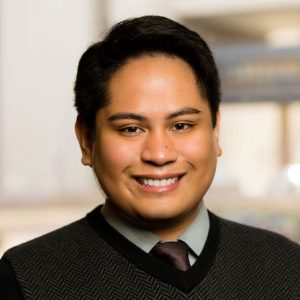
Developing Relationships in India to Understand Global Health Systems
Miko Gamban connects with the communities and people working to reduce non-communicable diseases (NCDs) through Indian health care administration.
More stories related to Global Health from the School of Public Health
- New technology will identify areas at increased malaria risk after severe weather eventsby Virgil McDill on May 9, 2023 at 2:44 pm
Grant funding will allow SPH researchers to develop new technology to determine areas at increased malaria risk following severe weather events.
- Understanding sexual health care practices and attitudes in Tanzaniaby Charlie Plain on June 15, 2021 at 8:54 pm
Professor Simon Rosser surveyed Tanzanian health care students and professionals to learn about their sexual health beliefs and practices in preparation for testing a new culturally-informed training curriculum.
- Toscano given University global health awardby Charlie Plain on December 4, 2020 at 4:02 pm
Professor Emeritus William Toscano has received the Award for Global Engagement from the University’s Global Programs & Strategy Alliance.
- Increasing TB treatment adherence among HIV patients in Eswatiniby Charlie Plain on July 1, 2020 at 7:58 pm
A study by researchers Stuart Grande and Jude Mikal shows that giving HIV patients choices and support are the keys to ensuring they complete treatment to prevent tuberculosis.
- U.S. Department of State Names Osterholm U.S. Science Envoyby Charlie Plain on June 12, 2018 at 8:22 pm
Professor Michael Osterholm will combat biological threats by working with priority countries on infectious disease preparedness and antimicrobial stewardship.
- Bonner Awarded Fogarty Fellowship to Study Vaccination in Ugandaby Charlie Plain on May 8, 2018 at 6:21 pm
PhD student Kimberly Bonner plans to research how health students weigh factors in vaccination decision-making, and barriers to HPV vaccination for adolescent girls who have dropped out of school.
- Raising Infant Vaccination Rates Through Innovations in Accessby Charlie Plain on January 23, 2018 at 7:32 pm
Assistant Professor Nicole Basta is part of a team testing a new strategy in Uganda that may offer residents living in high-density urban areas cheap, reliable transportation to vaccination clinics.
- Strategies for Protecting Young Girls in Low-Income Countries from HPVby Charlie Plain on January 17, 2018 at 6:59 pm
PhD student Kimberly Bonner is the lead author of a commentary on developing strategies for providing HPV vaccine to young girls who are not in school.
- Frizzell Named to Governing of Board of Indian Health Board of Minneapolisby Charlie Plain on October 13, 2017 at 5:00 am
Assistant Professor Linda Bane Frizzell was recently elected to join the governing board of the Indian Health Board (IHB) of Minneapolis.
- Griffith Receives National Fellowship to Study Maternal Health in Ugandaby Sarah Howard on May 4, 2017 at 5:00 am
Epidemiology PhD student Bridget Griffith has received the 2017-2018 Fogarty Fellowship in Global Health to spend a year in Uganda conducting research aimed at reducing maternal mortality.
